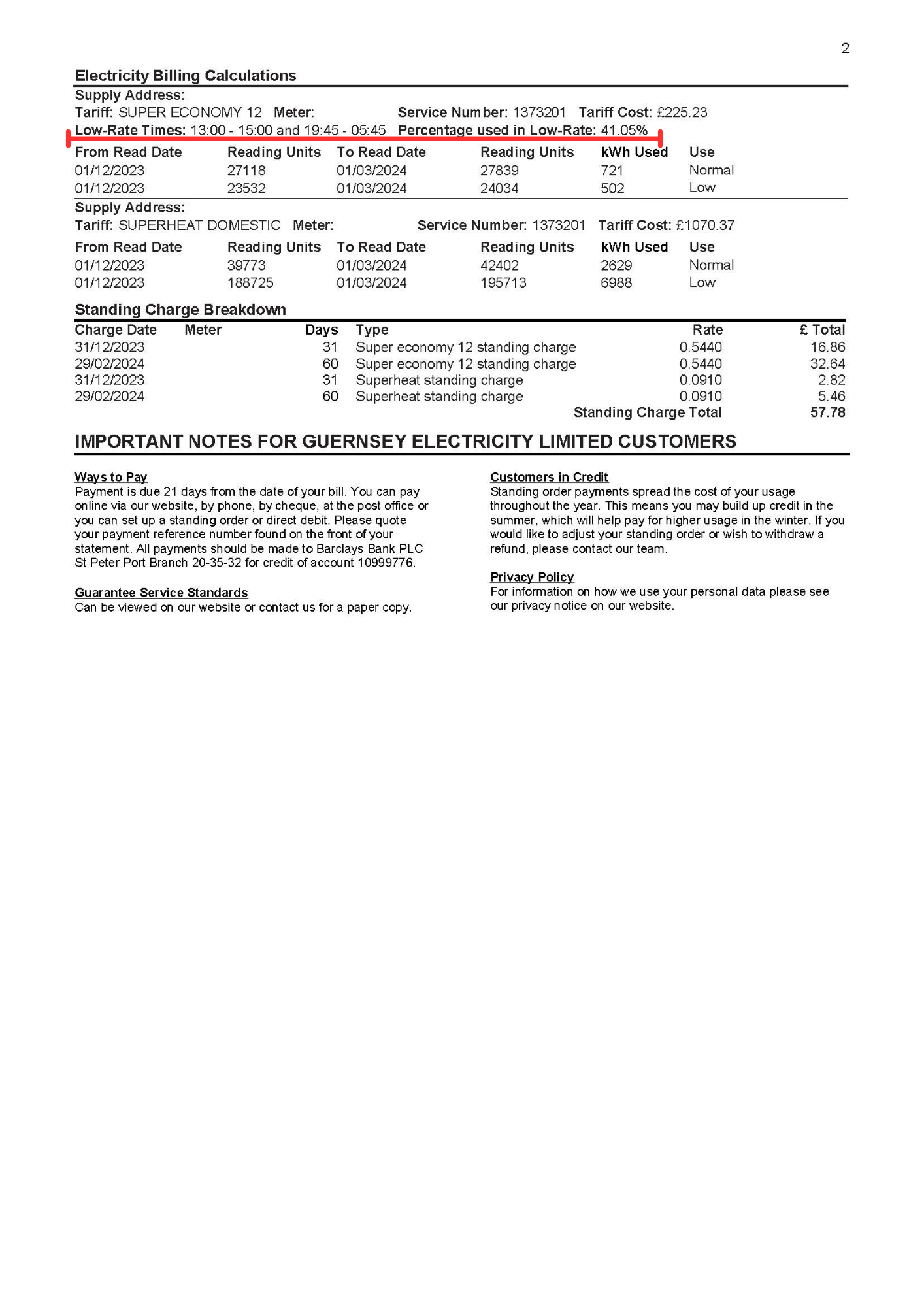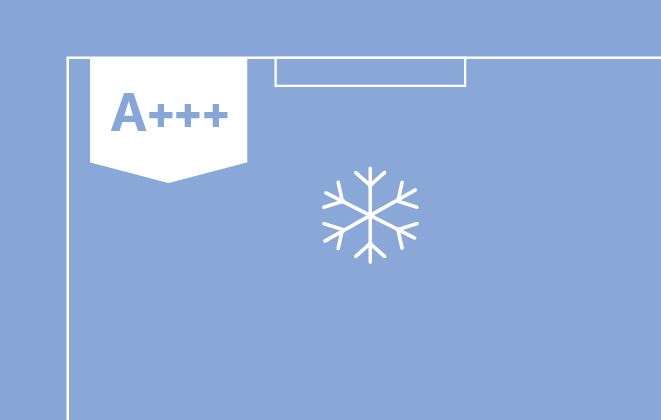Are you using as many appliances during low-rate times as possible?
On average customers who on an Economy 12-meter use 48% of their electricity during low-rate times and 52% during normal rate times. We recommend using this as a benchmark for your home. Your low-rate times and the percentage you’re using are confirmed on the reverse side of your bill for your information.
Some appliances you can control during your low-rate times.
- Washing machine,
- Tumble dryer
- Dishwasher
- Vaccuum cleaner
- Iron
- Electric vehicle charging
- Hot water cylinders.
If you have timers, the best time to set these to run is between 11pm and 5am as during this off-peak time, the power station is also not needed to top up our electricity demand.
We also have a handy energy calculator to help you understand what savings you can make by switching to low-rate times
How much am I spending?
Always switch off when you've finished
A light, games console or monitor left on burns both your money and diesel at the power station. Why pay for it when you don’t need it?
Peak usage times are around breakfast, lunch and dinner, when most people need electricity for heating, working and cooking. Switching off what you don’t actually need means lower electricity bills and lower carbon footprints.
We have fridge magnets available from our shop on the bridge to help remind you of your low-rate times.
There could be a few other potential reasons for higher-than-normal energy bills.
Your appliances could be using more energy than you realise. Consider whether you’ve bought any new gadgets recently or been using them more than usual. Remember that devices can use a small amount of power when they’re on standby, too.
You have some installations that use a lot of electricity. Hot tubs, electric heating and fast charging points for electric vehicles for example use a lot of power. If you have had these installed recently, you will notice an increase in your electricity bill
The weather’s getting colder, and your heating’s on more. In winter months, energy bills tend to be higher than they are in summer.
You’ve extended your home. Naturally, if you’ve grown your home, your energy bills may grow too.
There have been more people in your home than usual. If you’ve had guests, or if you’ve been working from home, this could increase the amount of energy you need to use.
Your boiler isn’t working efficiently. Sometimes, old boilers can cause your heating bills to creep up, for no obvious reason. If yours is getting on a bit, it might be time for a boiler service.
Your meter is counting, or “clocking”, too fast. This is rare, but it does occasionally happen. Keep reading to find out what to do if you think this is happening to you.
If none of these sound like the cause please get in touch with our customer service team.
















